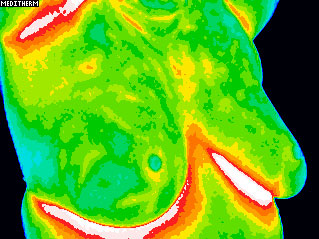 Vitamin D has gotten a lot of press over the last few years. From bone strength to fertility, the uses of vitamin D, as both a nutrient and a hormone, continues to increase as research accumulates and our understanding grows.
Vitamin D has gotten a lot of press over the last few years. From bone strength to fertility, the uses of vitamin D, as both a nutrient and a hormone, continues to increase as research accumulates and our understanding grows.
Vitamin D has been implicated as a critical nutrient for several Women’s Health issues:
- Irregular Menstruation
- Bone Health
- PMS
- Premature Menopause
- Cervical Dysplasia
- Uterine Fibroids
- Depression/Anxiety
- Chronic Cervical/Vaginal Infections
- Painful Menses
- The List Could Goes On and On…
The National Institutes of Health (NIH) sponsored a study on Women’s Health and Vitamin D which found that the mechanisms by which this nutrient effects the reproductive organs and endocrine system is vast and complex. Researches reported that vitamin D influences anti-Mu?llerian hormone (AMH), a marker of ovarian reserve. They also found this vitamin to be lower in “late reproductive-aged women” with irregular cycles. They further postulated that vitamin D may influence menstrual cycles through its effects on AMH, insulin and androgen hormones.
A recent study by renowned Naturopathic physician, Tori Hudson, found that vitamin D demonstrated anti-inflammatory, anti-microbial and anti-viral effects when used in suppository form by women with chronic bacterial, fungal and viral infections. She also discovered that vitamin D could be absorbed through the vaginal mucosa into the blood stream, effectively increasing systemic levels!
In Oriental medicine theory, every herb, food and nutrient is classified as a “Yin” or “Yang” substance. Vitamin D is regarded as a yang tonic. Think of it as a little bit of sunshine in a capsule. It can brighten moods, strengthen bones, fight bacteria and fungus, improve fertility, and I’m sure as our body of knowledge grows we will find even more uses for vitamin D supplementation.
But, how do I know if I need to take vitamin D?
Good question! I will prescribe vitamin D in suppository form if warranted by vaginal infections/symptoms, but I suggest that vitamin D be tested on an annual basis for all of my patients. Often, insurance plans will cover vitamin D tests, however for patients without insurance, I provide vitamin D testing though a Professional Co-op which negotiates lower prices for under-insured patients. Thus the out-of-pocket cost for a vitamin D test is only $42.00!
Schedule now to find out your vitamin D status and devise a treatment plan that best suits your needs!






